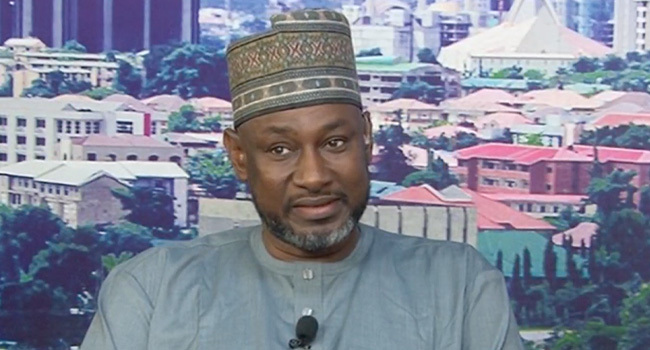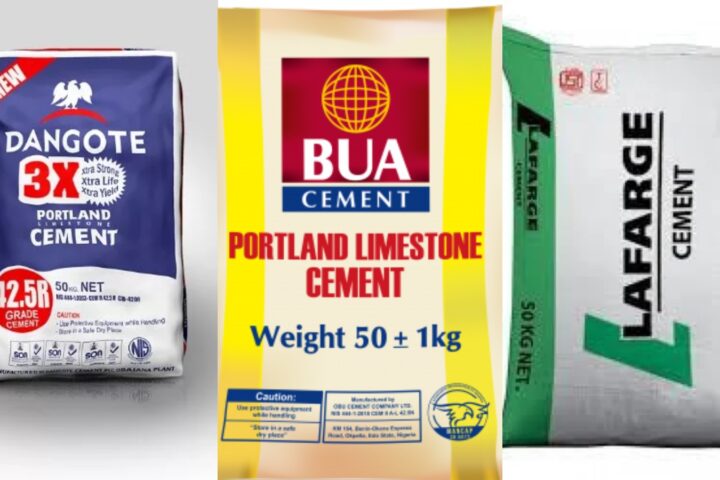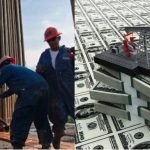With the incessant scarcity and hike in prices of petroleum products in Nigeria, the only antidote is full deregulation of the downstream oil and gas subsector to encourage more private sector participation in order to boost local production and supply.
This was the submission of the Deputy President of the Independent Petroleum Marketers Association of Nigeria (IPMAN), Zarama Mustapha, on what needed to be done to end the persistent crisis of petroleum product distribution witnessed across the country.
Speaking on Channels Television Sunrise Daily on Thursday morning, concerning the fuel crisis that erupted in the country in last three days, Mustapha said it is imperative at this point that government should stand on full deregulation of the sector to enable private sector operators play significant roles in sourcing the products and engender healthy competition to stabilize the prices since the refineries are not working, making the country to be heavily dependent on import.
Join our WhatsApp Channel
READ ALSO: Five Important Policies To Expect From Tinubu After Fuel Subsidy Removal
He said that currently, the Nigeria National Petroleum Company (NNPC) is the sole importer and supplier of Premium Motor Spirit (PMS) and independent marketers buy from depot owners.
NNPC on Wednesday increased the price of PMS in its retail outlets across the country by almost 170 per cent with differences across regions and states in line with haulage costs.
This increase followed the announcement of fuel subsidy removal by the new President, Bola Ahmed Tinubu.
The announcement triggered reactions, especially from labour unions who said the government ought to have provided viable alternatives to cushion the effect of the subsidy removal.
READ ALSO: NNPC Fuel Price Hike: Borno, Yobe Residents To Pay More
Meanwhile, the Nigeria Labour Congress (NLC) has rejected the new NNPC price template saying the government cannot be talking about deregulation and at the same time fixing prices of petroleum products. It noted that the removal of subsidies or fixing of prices is not what government could do unilaterally. It pointed out that the action “negates the spirit of allowing the operation of the free market.”
The President of NLC, Joe Ajero, as well as Trade Union Congress (TUC) President, Festus Usifo, on Wednesday, had a meeting with the representatives of the Federal Government about the fuel subsidy removal, which ended in deadlock as no agreement was reached.
The NLC demanded that the Federal Government return to the status quo by reversing the price of fuel before resuming negotiations with the NLC to protect the Nigerian workforce who bear the brunt of high prices.
According to Mustapha, some private sector players are ready to invest in building refineries to ensure local production of petroleum products and boost supply across the country.

“We support in totality the deregulation of the industry because this issue has been lingering for 20 years now. The refineries are not working; the government could not provide the needed petroleum product supply. A lot of issues of shortages, scarcity, and adulterated products. We have passed through a lot of challenges,” Mustapha stated.
“I believe that if the government would stand on the deregulation policy, the private sector would come in fully to also contribute its own quota in the development of the downstream subsector. A lot of companies are trying to build refineries to boost local production,” the IPMAN deputy president added.
With the increase in price, IPMAN said the circular as of yesterday is that they would be lifting petrol from depots at about N460 per litre and after adding the cost of logistics and margin of gain, the price would be within the range of N550 and above.
On other factors that affect prices of petroleum products, Mustapha also confirmed that they make all payments to Nigeria Ports Authority and the Nigeria Maritime Administration and Safety Agency (NIMASA) and other naval agencies in dollars, when ideally it should be in local currency, the naira.
Speaking on the outcome of the meeting with the Federal Government on subsidy removal, Usifo, who is also the President of the Petroleum and Natural Gas Senior Staff Association of Nigeria (PENGASSAN), said the government failed to fulfill promises it made to cushion the effect, before going ahead to announce the removal of subsidy.

According to him, the government was to build infrastructure across the country and make Compressed Natural Gas (CNG) available for use by vehicles that would also be converted.
On the proposed cash transfer scheme in which the government promised to disburse N5,000 as palliatives to poor Nigerian households captured under its social safety net, Usifo said the labour unions kicked against it, arguing that it would not be transparent given past experience.
He said labour unions are not fixated that subsidy should remain but their position is that sustainable alternatives should be provided before the total removal of subsidy.
Speaking on deregulation, Usifo said even if it becomes 100 per cent, the government should still have institutions that constantly puts marketers on checks to avoid arbitrary pricing of petroleum products that could impact the masses.
Victor Ezeja is a passionate journalist with seven years of experience writing on economy, politics and energy. He holds a Master's degree in Mass Communication.

















Follow Us